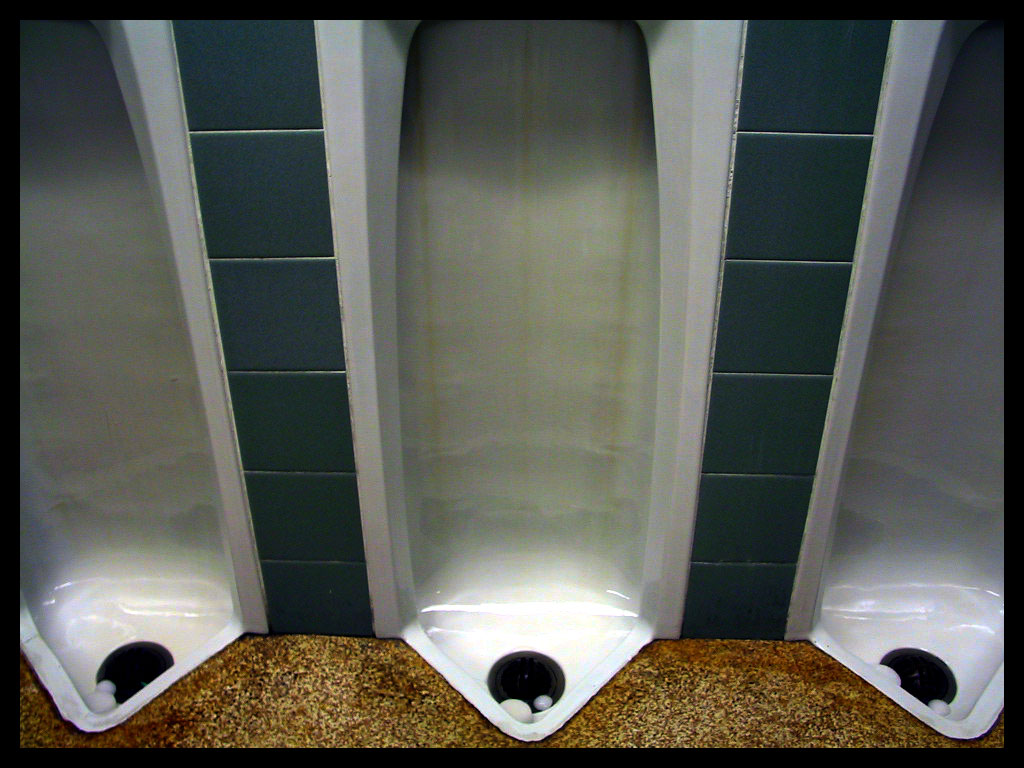MONDAY, Aug. 8, 2016 (HealthDay News) — A dietary supplement may hold the power to dissolve a key component of kidney stones, potentially offering a new prevention tool against this painful condition, researchers say.
It’s too early to be sure if the compound hydroxycitrate will become a preventive treatment for kidney stones, since extensive research in people hasn’t begun. Still, it could offer an alternative to potassium citrate, which treats kidney stones but has side effects, the study authors explained.
At issue: the calcium oxalate crystals that are the most common component of kidney stones, mineral deposits that form inside the kidneys. They may get stuck in the urinary tract, blocking urination and causing great pain.
Kidney stones affect an estimated 12 percent of men and 7 percent of women. High blood pressure, diabetes and obesity can increase the risk.
Physicians often urge people who are at risk to drink a lot of water and avoid foods high in oxalate, such as spinach, almonds, okra and rhubarb. Doctors may also recommend potassium citrate, a dietary supplement that can slow the growth of crystals.
In the new study, researchers looked at a similar compound known as hydroxycitrate. It is a natural fruit extract available as a dietary supplement.
The investigators found that hydroxycitrate did a better job of slowing the growth of calcium oxalate crystals. Hydroxycitrate appears to form a stronger bond with the crystals, helping to break them up.
The study authors briefly tested the supplement in people, but more in-depth research is needed. There’s no information now about long-term safety and dosages.
The study’s lead author, Jeffrey Rimer, called the findings promising. He is an associate professor of chemical and biomolecular engineering at the University of Houston.
If it works in people, “similar to our trials in the laboratory, hydroxycitrate has the potential to reduce the incidence rate of people with chronic kidney stone disease,” he said in a university news release.
The study was published online Aug. 8 in the journal Nature.
More information
For more about kidney stones, try the U.S. National Institute of Diabetes and Digestive and Kidney Diseases.
Copyright © 2026 HealthDay. All rights reserved.

